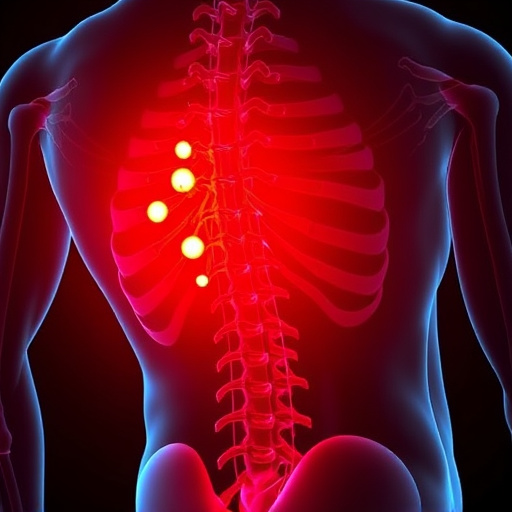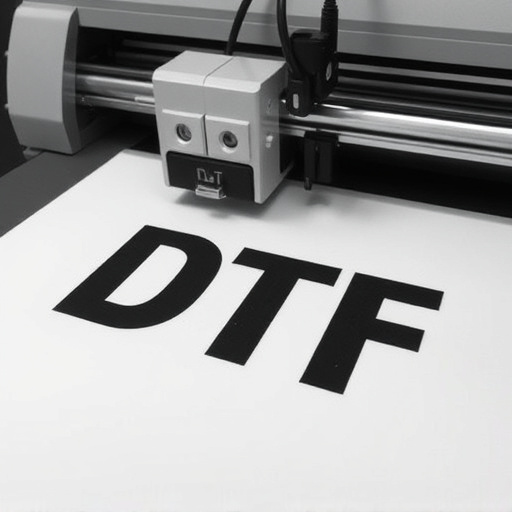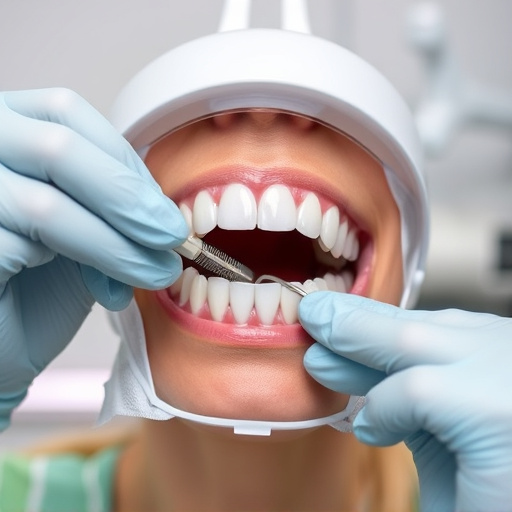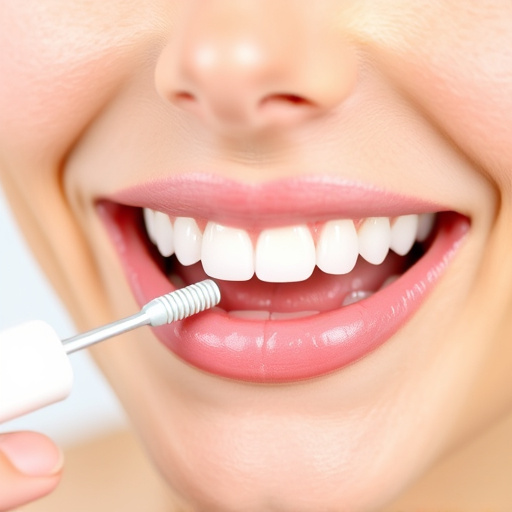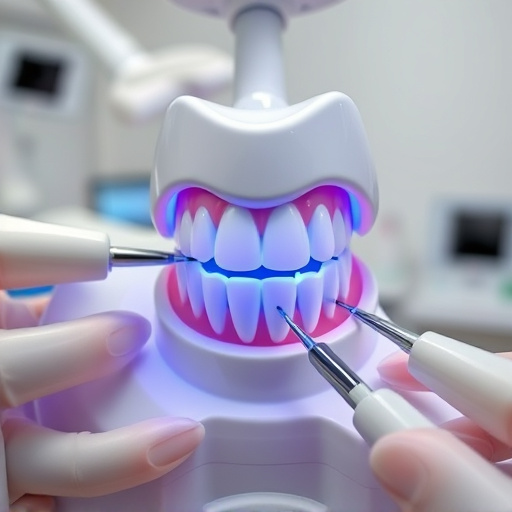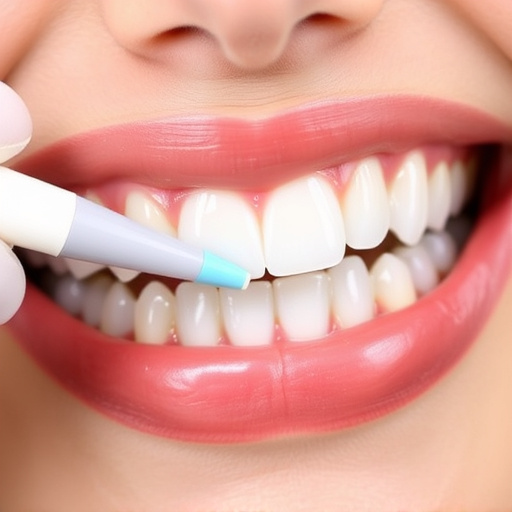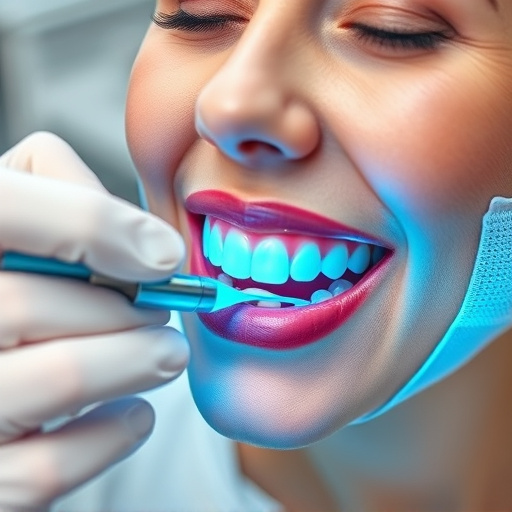A comprehensive dental exam is a thorough evaluation of oral health that combines visual inspections, advanced tools like X-rays, and consideration of medical history to detect abnormalities early. This holistic approach not only identifies issues like decay and gum disease but also guides tailored restorative dentistry, cosmetic treatments, and prevention strategies. Regular cleaning during these exams promotes oral hygiene, educates patients, and fosters long-term overall oral health.
A comprehensive dental exam goes beyond routine checkups, offering a detailed assessment of oral health. This multifaceted approach involves examining teeth, gums, jaws, and even overall systemic health, ensuring no stone is left unturned in patient care. By integrating advanced diagnostic tools and a holistic view, dentists can enhance treatment accuracy, predict potential issues, and provide personalized solutions, ultimately fostering optimal oral well-being.
- Understanding the Components of a Comprehensive Dental Exam
- Benefits of a Comprehensive Approach to Oral Health Care
- Best Practices for Conducting and Interpreting Comprehensive Dental Exams
Understanding the Components of a Comprehensive Dental Exam
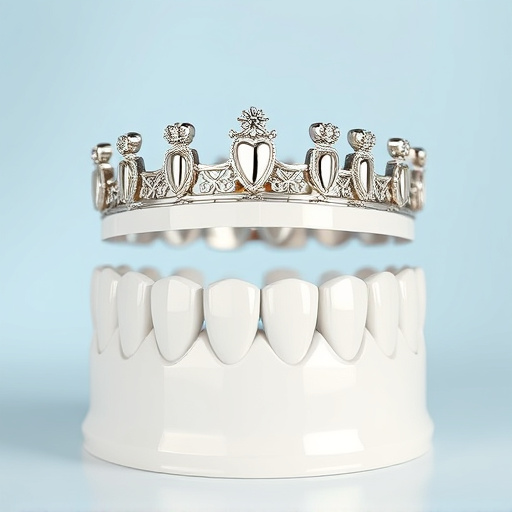
A comprehensive dental exam goes beyond a simple check-up; it’s a detailed evaluation that encompasses multiple aspects of oral health. This process involves several key components, each serving a vital role in understanding and improving overall dental well-being. It starts with a thorough examination of the teeth, gums, and mouth, allowing dentists to identify any signs of decay, gum disease, or other issues. Using advanced tools and technologies, such as X-rays and oral cancer screenings, they can detect even subtle abnormalities.
Moreover, a comprehensive dental exam considers not just the present state but also the history of an individual’s oral health. This includes discussing past treatments, any ongoing conditions, and recent changes in oral health. By integrating these elements, dentists gain a holistic view, enabling them to tailor restorative dentistry or recommend appropriate emergency dental care, like clear aligners for straightening teeth, based on unique patient needs.
Benefits of a Comprehensive Approach to Oral Health Care
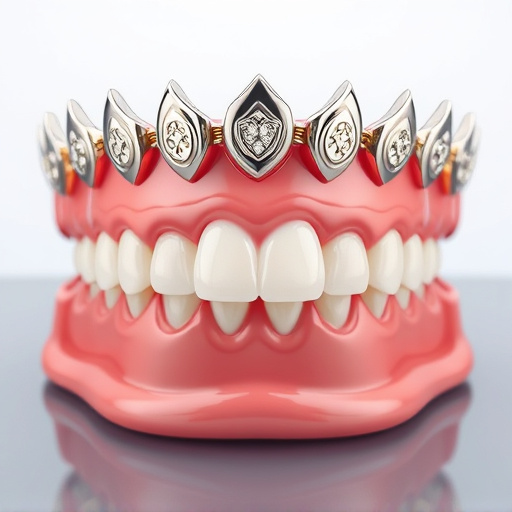
A comprehensive approach to oral health care offers numerous benefits, making it a cornerstone of modern dental practice. Unlike routine oral exams that focus on surface-level issues, a comprehensive dental exam takes a holistic view of your mouth and overall well-being. It involves meticulous examination of teeth cleaning, gum health, jaw alignment, and even the tiny spaces between teeth to catch any potential problems early on. This proactive strategy not only prevents minor issues from escalating but also identifies potential risks factors for more serious conditions like periodontal disease or oral cancer.
Moreover, a comprehensive dental exam is integral to successful cosmetic dentistry procedures. By understanding your mouth’s unique structure and identifying areas that may require attention, dentists can tailor treatments like teeth whitening, veneers, or crowns to deliver optimal aesthetic results. This meticulous approach ensures not only a beautiful smile but also long-lasting oral health and functionality.
Best Practices for Conducting and Interpreting Comprehensive Dental Exams
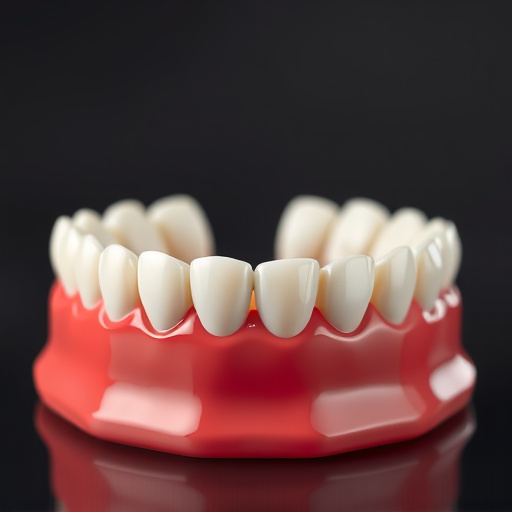
Conducting a comprehensive dental exam is an art that requires meticulous attention to detail and a deep understanding of oral health. Best practices involve a systematic approach, beginning with a thorough visual inspection of the teeth, gums, and mouth structures. Using appropriate lighting and magnifying tools, dentists can identify subtle signs of decay, gum disease, or structural abnormalities. This initial assessment paves the way for more detailed procedures like dental bonding to restore minor defects or tooth extractions for severe cases.
Interpretation of findings is crucial. Dentists must be adept at communicating observations, translating complex information into understandable terms for patients. Regular teeth cleaning during these exams plays a vital role in maintaining oral hygiene and preventing long-term issues. By adhering to these best practices, dental professionals ensure accuracy, foster patient education, and promote overall oral health.
A comprehensive dental exam is not just a check-up; it’s a detailed assessment that enhances treatment accuracy, ensuring oral health care that is both effective and efficient. By integrating understanding of oral anatomy, advanced technology, and best practices, dentists can navigate the intricate landscape of oral health with precision. This approach not only improves patient outcomes but also fosters trust in the dental care process, making it a game-changer in modern dentistry.
